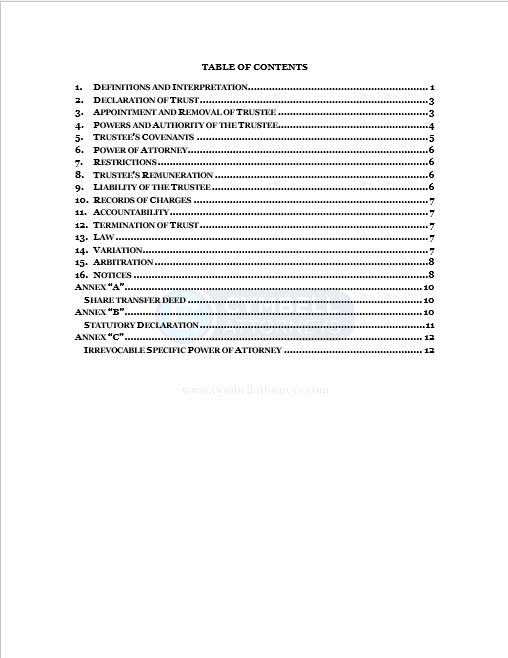Trust Deeds and Real Estate

In real estate, a trust deed is a legal instrument that creates a security interest in real property. This type of deed transfers the legal title to real estate to a trustee who holds the property as security for a loan. This type of deed is often used by investors or landlords to protect their property.
There are some important aspects to consider before investing in trust deeds. Most investors look to a broker for guidance and due diligence. A trust deed investment typically offers a high yield. Because the loan term is often shorter than a traditional mortgage, investors can earn high single-digit or low-double-digit returns. In addition, the payments are fixed and are usually made at the end of the loan. The investor also receives the principal investment amount at the end of the term.
Trust deeds are a good alternative to mortgages and have become required by more than 20 states. However, like any other loan document, the parties to a trust deed must follow all state laws regarding this type of ownership. Properly drafting the document can help prevent unwanted complications. Real estate lawyers can also provide valuable legal advice.
The purpose of a trust deed is to protect the interests of both parties. In most cases, the property is transferred from the owner to a neutral third party, called a trustee. Typically, a bank or title company serves as the trustee. The trustee then holds the property until the debt is paid off in full.
A trust deed is often used to create a charitable institution. In this case, the settlor appoints trustees and transfers identifiable property to them. The trustees are then required to work for the trust. The trust can then accept donations from individuals or charitable organizations, in cash or kind. The only limitation is that the donation must be consistent with the objectives of the trust.
A trust deed is the most common instrument used for financing real estate purchases in California and most other states. A trust deed transfers the property title to a trustee, usually a title company, and the trustee holds the title as security for the loan. When the loan is paid off, the title is transferred back to the borrower. Unlike a traditional mortgage, a trust deed is not a judicial foreclosure; if the borrower defaults, the trustee can sell the property in a nonjudicial foreclosure process.
As with a mortgage, a trust deed involves three parties: the borrower, lender, and trustee. The trustee holds the property title until the loan is paid in full. Most deeds include a trustee who holds the title until the loan is paid off. If a default occurs, the trustee can initiate the foreclosure process and collect the balance from the borrower. This is more advantageous than judicial foreclosures.
A trust deed is a type of real estate transaction that uses a deed of trust. In such a transaction, the lender provides the borrower with money and the borrower signs a document that promises to pay back the loan. In return, the trustee holds the property title as collateral for the lender’s promise.
Trust Deeds and Real Estate was first seen on Pathway IT